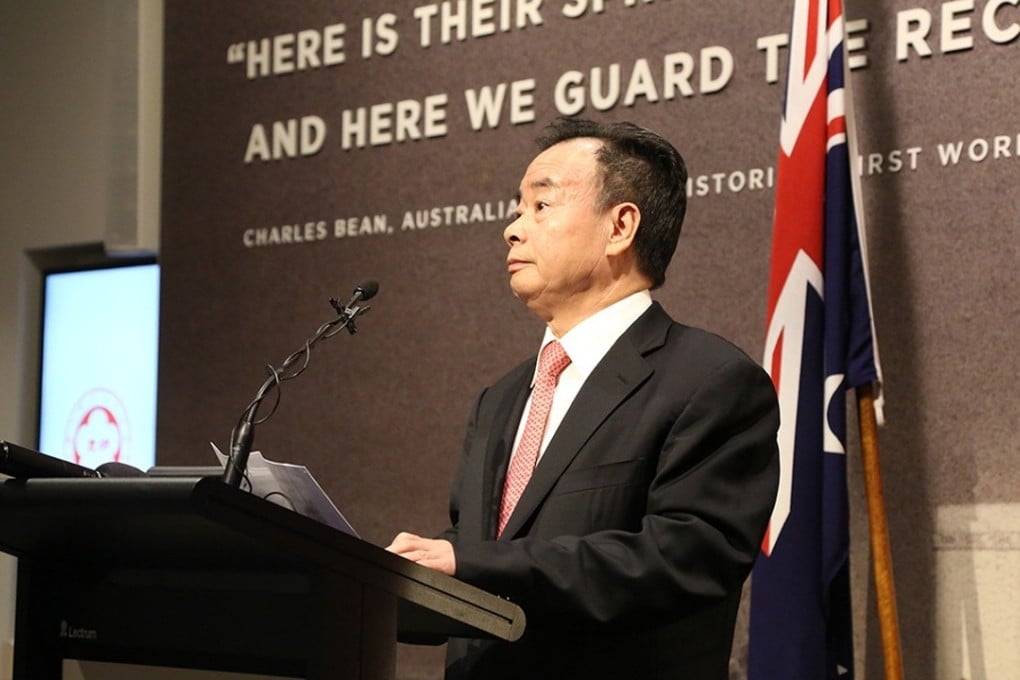Meet the Chinese businessmen making waves in Australia
From jaw-dropping property deals to political intrigue, here are three influential – and sometimes controversial – Chinese figures down under

CHAU CHAK WING
Since making his billions in China’s real estate market, Chau has become one of Australia’s most influential Chinese-born businessmen, taking a close interest in politics and various philanthropic causes. Chau, who immigrated from Guangdong province in the 1980s, is believed to have donated more than A$4 million (US$2.9 million) to the country’s two leading political forces, the Liberal and Labor parties, and has entertained former prime ministers including John Howard, Kevin Rudd and Bob Hawke at his luxurious Imperial Springs resort in Guangzhou.
Seen as a bridge to his homeland within political and business circles, Chau was credited by Howard for playing a key role in securing a A$25 billion liquefied natural gas export deal with China in 2002.
A prolific philanthropist, the Kingold Group chairman has donated A$45 million to Australian universities and been a benefactor to other projects including the Australian War Memorial.
In 2015, Chau, who holds Australian citizenship, famously paid A$70 million for the Sydney mansion owned by media scion James Packer without having seen the property in person.
Chau hit the headlines this year when Western Australia MP Andrew Hastie used parliamentary privilege to claim the FBI had identified him as an alleged co-conspirator in the bribery of United Nations official John Ashe. Chau, who was never indicted, has vehemently denied any involvement in the case. The property tycoon is currently pursuing a defamation action against Fairfax Media and national broadcaster the ABC over a series of reports that accused him of high-level involvement in a number of Chinese propaganda organs operating in Australia.